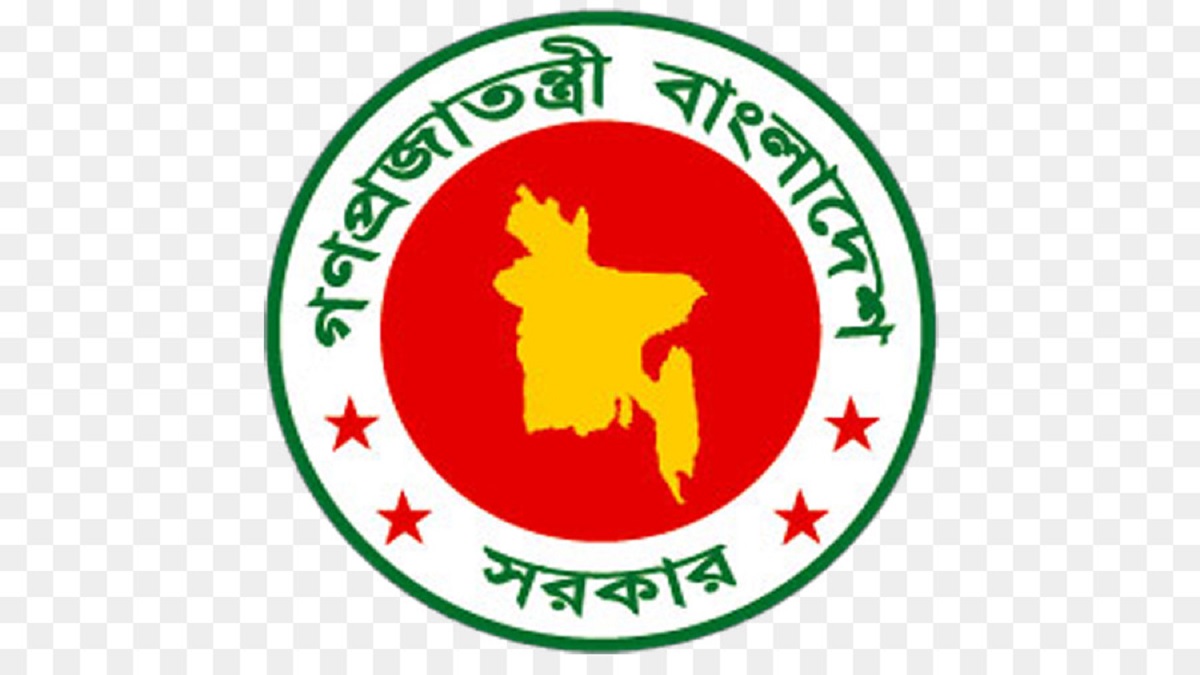Government tightens belt in spending, saves over Tk 56 billion
BY Insider Desk
September 15, 2025

The government has slashed its expenditure by a quarter in the current fiscal year (FY2024–25), intensifying austerity measures introduced during the pandemic years and continued amid subsequent global shocks.
According to finance ministry data, spending fell by Tk 56.89 billion compared with budget allocations—a reduction more than double the Tk 25 billion cut achieved in the previous fiscal year.
Bangladesh first resorted to austerity measures in March 2020, as the COVID-19 outbreak stalled economic activity and strained state finances. Although the economy staged a gradual recovery, the outbreak of the Russia–Ukraine war in 2022 triggered a new wave of challenges, driving up global energy and food prices and increasing import bills.
Faced with rising fiscal pressures, the government decided to sustain the restraint policy. In FY2023–24, austerity delivered Tk 25 billion in savings. But the past fiscal year saw sharper cuts, with actual implementation about Tk 1500 billion lower than the revised budget, according to a finance ministry official.
The savings have primarily resulted from reduced expenditures on energy, vehicles, construction, and land acquisition. Of the Tk 227.56 billion earmarked initially for development and non-development spending in these categories, Tk 170.67 billion was ultimately spent.
-
Transport assets: Vehicle and water vessel expenses were reduced by 75 percent, to Tk 7.74 billion. Aircraft spending saw virtually no reduction, standing at Tk 13.61 billion against a Tk 13.69 billion allocation.
-
Energy use: Electricity costs fell 13 per cent to Tk 17.29 billion, while spending on petrol, oil, and lubricants dropped 20 per cent to Tk 20.63 billion.
-
Property: Land acquisition costs were slashed by Tk 18.75 billion. Spending on residential and non-residential buildings was cut by Tk 5.59 billion.
Economists argue that trimming non-essential costs, particularly those related to vehicles, has merit, but caution against austerity eroding investment in key social sectors.
The government’s expenditure restraint dovetails with the Bangladesh Bank’s contractionary monetary stance, as both authorities seek to rein in inflation that has lingered above target levels. After more than two years of consumer prices exceeding 9 percent, inflation eased to 8.29 percent in August, according to the Bangladesh Bureau of Statistics.
Tags:
Most Read

Electronic Health Records: Journey towards health 2.0

Making an investment-friendly Bangladesh

Understanding the model for success for economic zones

Bangladesh facing a strategic test

Bangladesh’s case for metallurgical expansion

How a quiet sector moves nations

A raw material heaven missing the export train

Automation can transform Bangladesh’s health sector

A call for a new age of AI and computing
You May Also Like
